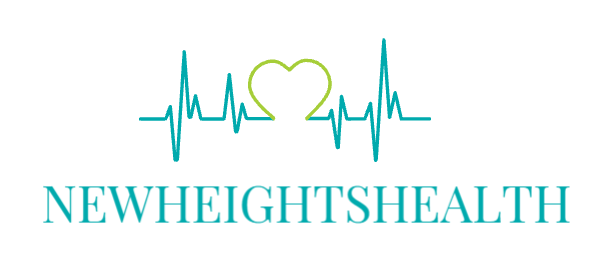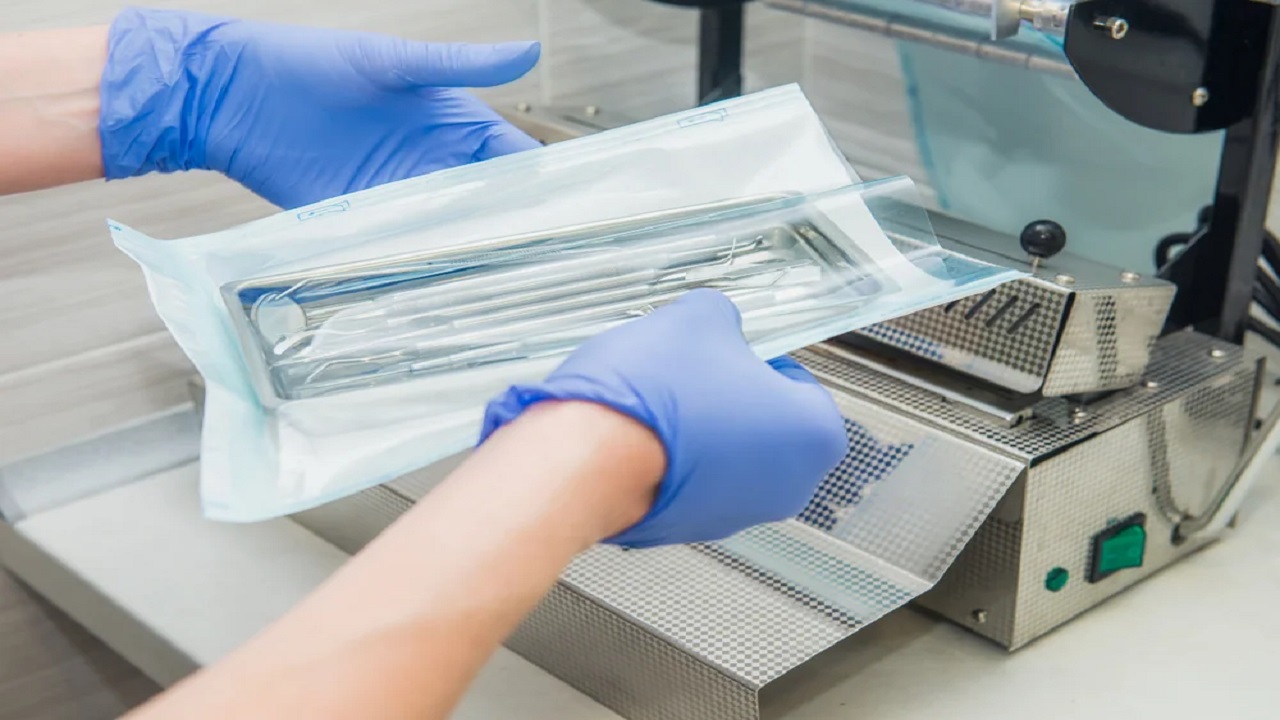Sterilization equipment is crucial in maintaining the highest infection control standards and patient safety in dental practices. As dental professionals, the responsibility of providing a safe and clean environment for patients is paramount. Dental Supply management encompasses many tools and instruments, but none are as critical as those involved in sterilization. This article will delve into the significance of sterilization equipment in dental practices and its impact on ensuring optimal patient care.
Ensuring Patient Safety
One of the primary reasons why sterilization equipment is indispensable in dental practices is to ensure patient safety. Dental procedures often involve direct contact with oral tissues and bodily fluids, which can harbour various pathogens. Proper sterilization of instruments and equipment helps prevent the transmission of infectious diseases from one patient to another. By adhering to strict sterilization protocols, dental professionals can create a safe environment that instils patient confidence and trust.
Complying with Regulatory Standards
Dental practices are subject to stringent regulatory standards set forth by health authorities to safeguard public health. Proper sterilization of instruments and equipment is a critical aspect of these guidelines. Compliance with these standards not only ensures the well-being of patients but also protects the reputation and credibility of dental practices. Regular inspections and audits are conducted to evaluate whether dental facilities adhere to sterilization protocols, making it imperative for practices to have reliable and effective sterilization equipment.
Extending the Lifespan of Dental Instruments
Dental instruments are substantial investments for any dental practice. Proper sterilization procedures protect patients and extend the lifespan of these expensive tools. Replacing damaged or contaminated instruments can be a significant financial burden, making sterilization equipment a cost-effective solution to maintain dental supply and equipment longevity.
Preventing Cross-Contamination
Cross-contamination poses a considerable risk in dental settings, as it can lead to the spread of infectious microorganisms. Sterilization equipment, such as autoclaves and chemical disinfectants, eliminates pathogens effectively, minimizing the chances of cross-contamination between patients. By implementing robust sterilization protocols, dental practices can maintain a hygienic environment and prevent potential outbreaks of infections.
Enhancing Reputation and Patient Trust
A dental practice's reputation is built on the quality of dental services and its commitment to patient safety and hygiene. Dental supply management that prioritizes sterilization demonstrates professionalism and dedication to patient care. A clean and well-organized dental clinic fosters a positive impression among patients, enhancing their trust and loyalty to the practice.
Facilitating Compliance Training for Dental Staff
Sterilization equipment in dental practices is essential not only for patient safety but also for the safety of dental professionals. Dental staff are trained rigorously on sterilization protocols to ensure they handle and clean instruments correctly. The right sterilization equipment simplifies the training process, as it is designed to be user-friendly and efficient. Properly trained staff can execute sterilization procedures accurately, reducing the likelihood of errors that could compromise patient safety.
Conclusion:
Sterilization equipment is the pillar of patient safety and infection control in dental practices. It not only protects patients from potential harm but also safeguards the reputation and credibility of dental establishments. Dental supply management should prioritize investing in reliable sterilization equipment and adhering to strict sterilization protocols to create a safe and hygienic environment for patients and dental staff. By recognizing the importance of sterilization equipment, dental practices can continue to provide quality care while upholding the highest safety and hygiene standards.


